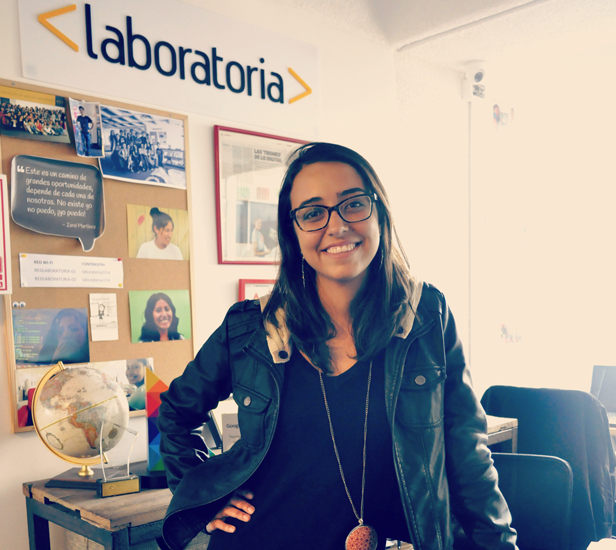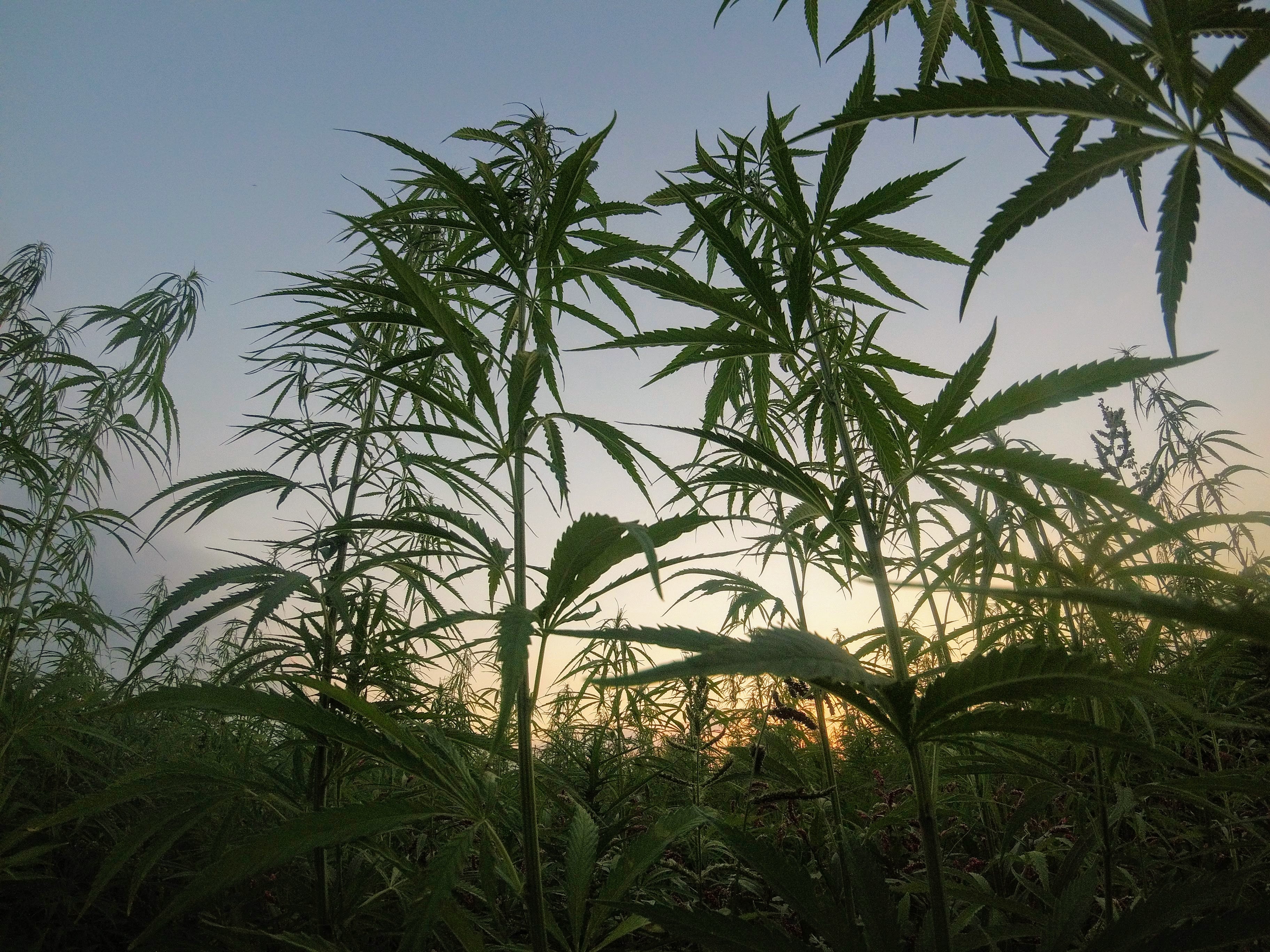As a startup, raising money outside of your region can be intimidating. You may think there’s too much competition in a new, foreign market or that it’s too difficult to compete from abroad. However, getting investment in Latin America can be just as challenging, if not more difficult, than raising funds in another country such as the US.
Before pitching to an investor, you’ll need to do a significant amount of research. You must prepare yourself by answering questions that address everything from “Why are you solving this problem?” to “Is your company a fit for the VC fund?”
Here are ten questions startups should prepare to answer before meeting a VC.
(more…)


